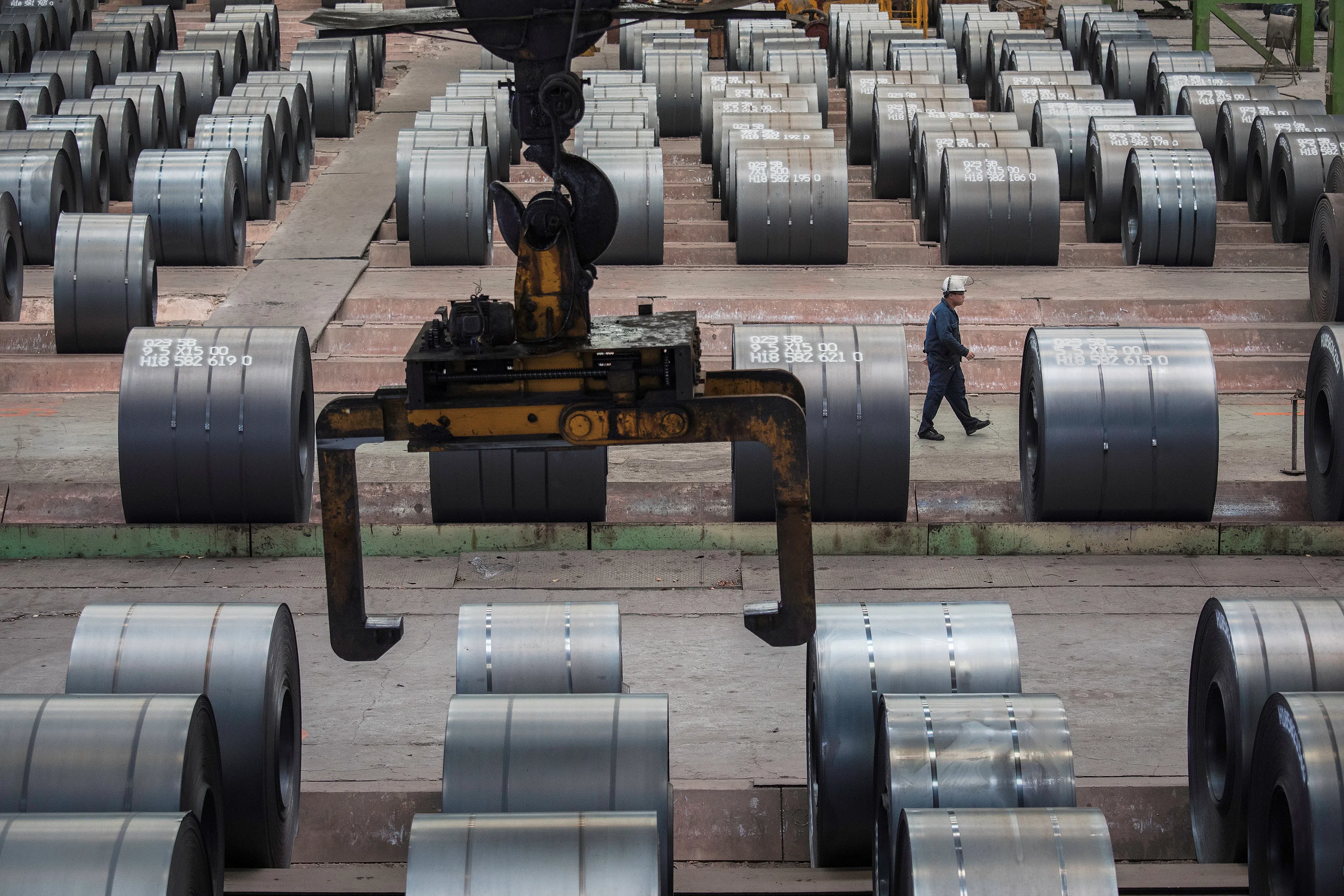CHINA, the world’s largest steel producer, will temporarily halt its steel capacity replacement programme from Aug 23 while working to revise the measures, the Ministry of Industry and Information Technology said on Friday (Aug 23).
The suspension of the programme, which mandates that mills must remove at least an equal amount of older existing steelmaking capacity when they add new capacity as way to curb overcapacity in the sector, will likely limit the overall expansion of steel capacity in the long term.
The ministry said it will work with the relevant parties to study and revise the current swap measures and issue the revised measures after soliciting public opinions, without providing a specific timeline.
The ministry suspended an earlier capacity swap programme in January 2020 before revised regulations, to replace the ones issued in 2017, went into effect in June 2021.
The capacity swap suspension was needed because of the “new challenges” the steel industry faces, the ministry said in a statement.
China’s huge steel sector has been plagued by overcapacity at the time demand has fallen in part because of the protracted property crisis.
BT in your inbox
Start and end each day with the latest news stories and analyses delivered straight to your inbox.
That came despite steel supply having been on the decline since 2021 when the country started to cap crude steel output to limit carbon emissions.
“The temporary suspension will curb the steel capacity expansion in the medium to long term; in the short term, the capacity under construction might not be impacted much,” analysts at Horizon Insights said in a note.
The halt will have little short term impact on the steel market but it’s expected to speed up the elimination of “zombie” capacity at the time of an industrial downturn, according to analysts at First Futures, adding that the revised standards will likely be more stringent.
Analysts at Citi, however, believe this move would not do enough to meaningfully phase out excess capacity, as the weakening demand on the ground calls for more drastic measures along with strong government enforcement. REUTERS







